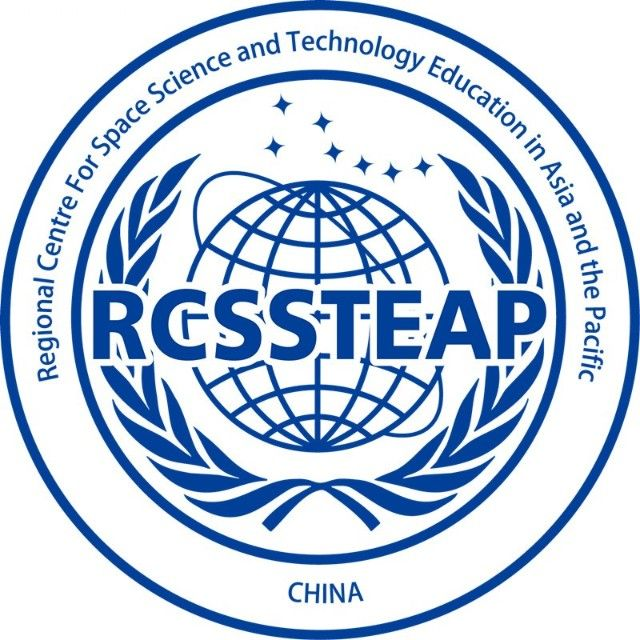Title of the open lecture: Heat transfer and coke production in hydrocarbon fuel pyrolysis
Executive Summary:
This general presentation includes very detailed investigation on some specific points related to the highspeed airbreathing propulsion. After a very brief introduction of the framework of activities, a more specific explanation of the academic challenges will be given in order to particularly identify the fundamental implications of phenomena: heat transfer, fluid mechanics, porous materials, homogeneous and heterogeneous chemistry, hydrocarbon fuel combustion and pyrolysis, metrology and control. Considering a chemical engineering configuration (counter-flow heat exchanger), the fuel degradation will be analyzed under open tubular reactor configuration and porous flow. The formation of carbon deposit will be strongly developed. Finally, chemical kinetics will be presented with detailed homogeneous and heterogeneous chemistry.
Brief Biography:

Professor Nicolas Gascoin is the head of department at INSA (Institute National des Sciences Appliquées) Centre Val de Loire. Since 2015, he has been a scientific diplomat at the France Embassy in Jakarta, Indonesia. He has been investigating coupled multiphysics and multiscale phenomena for over 20 years. His work spans a number of aerospace applications, including high-speed airbreathing propulsion, hybrid rocket engines, thermal protection design, composite materials development, aircraft and military vehicle vulnerability, fuel properties, and fuel circuit-related issues.
His research focuses on the dynamics of heat and mass transfer in interacting solids and fluids, as well as their chemically homogeneous and heterogeneous interactions. By analyzing the entire range of scales, from the nanoscale to vehicle size, he aims to understand under what conditions phenomena play a significant role and when they can be neglected due to the influence of others. Control approaches have also been considered for real-time monitoring and control.








 北航校历
北航校历 校园地图
校园地图